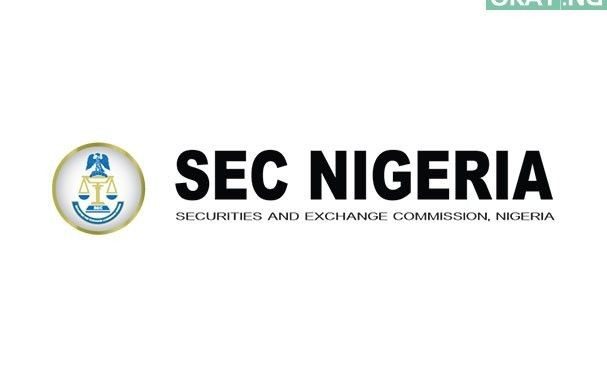The Securities and Exchange Commission (SEC) of Nigeria has announced a major reform in the country’s capital market: the transition from the current T+3 (trade date plus three business days) settlement cycle to a T+2 (trade date plus two business days) settlement cycle, effective Friday, November 28, 2025. This change marks a significant step toward aligning Nigeria’s financial markets with global standards and enhancing operational efficiency, investor confidence, and market liquidity.
For decades, Nigeria’s equities market operated on a T+3 settlement cycle, meaning that trades executed on a given day would be fully settled—cash paid and securities delivered—three business days later. However, with advancements in financial technology, improved infrastructure, and greater investor demand for efficiency, global markets have increasingly shortened their settlement cycles to T+2 or even T+1. The SEC’s move, therefore, signals Nigeria’s readiness to join this progressive trend, modernizing its financial architecture and attracting more investors, both local and foreign.
According to the SEC’s official circular released on Thursday, the migration to T+2 comes after extensive planning, testing, and stakeholder consultations. The Commission emphasized that the decision was not rushed but carefully implemented to ensure a seamless transition. It stated that the shift “is expected to significantly enhance the Nigerian capital market by allowing investors quicker access to funds, improving overall market liquidity, and reducing counterparty risk exposure—thereby fostering a more stable and resilient market environment.”
The Central Securities Clearing System (CSCS) Plc, Nigeria’s central depository and clearing house, has played a central role in this transition. The institution confirmed that months of rigorous operational testing and system simulations have been completed successfully. According to CSCS, “extensive testing with market participants was conducted without any reported issues, reflecting high confidence in the market’s readiness for this landmark change.” This statement underscores the extensive coordination between regulators, stockbrokers, custodians, and depository participants, all of whom have been preparing for this upgrade in Nigeria’s financial market infrastructure.
The benefits of the T+2 system are numerous. For investors, the shorter settlement period means faster access to their funds or securities, enabling quicker reinvestment and improved cash flow management. For brokers and dealers, it reduces the duration of exposure to counterparty risk—the risk that a buyer or seller might default before a trade settles. For the broader market, it promotes liquidity and confidence, particularly among institutional investors and foreign portfolio investors who often evaluate market infrastructure before committing capital.
Analysts have noted that the move will also make Nigeria more competitive in the global investment landscape. Markets in Europe, Asia, and North America have already adopted T+2, and some are now experimenting with T+1 to further minimize settlement risk. By joining this global standard, Nigeria demonstrates its commitment to modern governance, technological advancement, and the continued deepening of its capital market.
However, the transition also presents challenges. Market operators must ensure that their internal systems, back-office operations, and liquidity management structures are adjusted to meet the new timelines. Under T+2, the margin for operational error shrinks, and institutions will have to act with greater precision and efficiency. The SEC has, therefore, directed all stakeholders—brokers, dealers, custodians, and registrars—to update their operational procedures, staff training, and compliance frameworks to avoid potential disruptions.
The shorter settlement cycle also requires a cultural shift within the industry. Market participants who have become accustomed to the three-day window will now need to adopt faster trade processing, prompt funding, and enhanced coordination between banks and brokers. Nevertheless, experts believe that these short-term adjustments will yield long-term efficiency gains for the market.
In a broader context, the T+2 migration aligns with Nigeria’s ongoing efforts to digitize its financial systems and improve investor protection. The SEC, working alongside the Nigerian Exchange Group (NGX) and CSCS, has been driving several reforms designed to position the capital market as a catalyst for economic growth. By enhancing market transparency, efficiency, and reliability, these reforms support the federal government’s agenda to attract private investment and strengthen financial inclusion.
As the November 28 implementation date approaches, all eyes will be on the market’s first day of T+2 operations. Stakeholders are optimistic that the transition will proceed smoothly, given the extensive groundwork already laid. If successful, it will further consolidate Nigeria’s position as one of Africa’s leading investment destinations, capable of meeting international standards while serving the diverse needs of local investors.
Ultimately, the introduction of the T+2 settlement cycle represents more than just a procedural change—it is a symbol of progress, discipline, and innovation within Nigeria’s capital market. It underscores the SEC’s commitment to continuous improvement, operational resilience, and global competitiveness. As Nigeria takes this leap forward, the reform stands as a testament to the country’s drive to build a financial ecosystem that is faster, safer, and more inclusive for all participants.























































